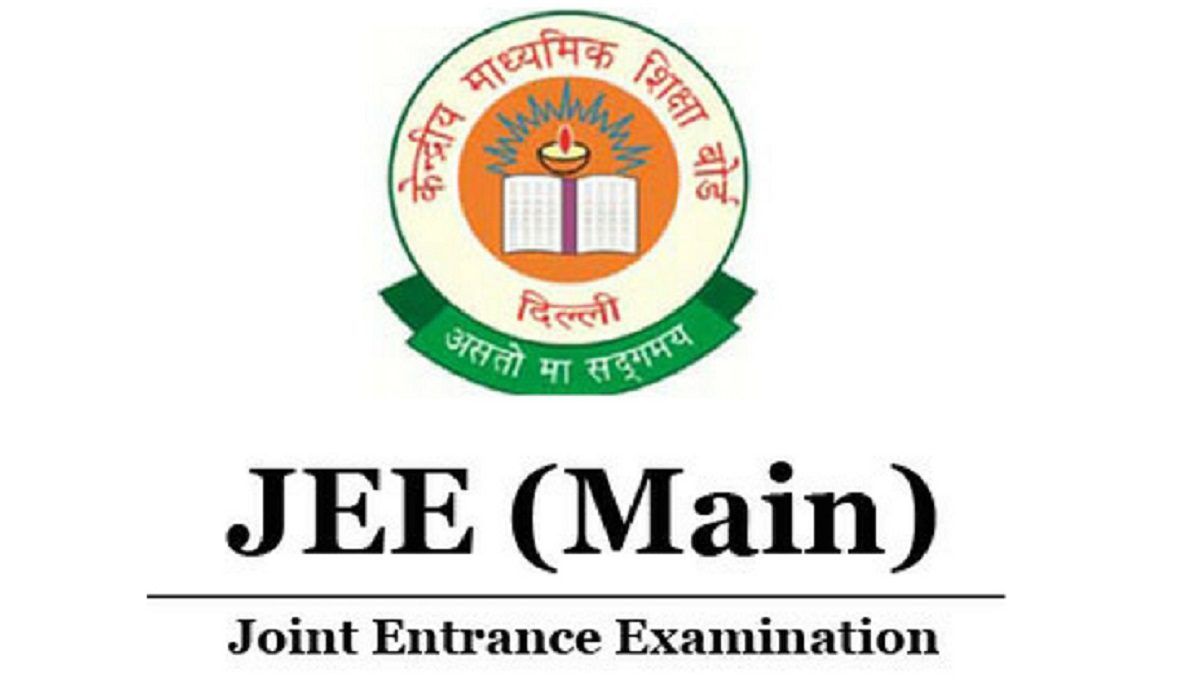Welcome to our blog dedicated to helping you ace the Joint Entrance Examination with confidence and precision. If you’re an aspiring engineering student, you already know the significance of this highly competitive exam. Securing a top rank in this exam can open the doors to some of the most prestigious engineering institutions in India, propelling you toward a successful career in the field.
We understand that time is of the essence, and the journey to completing the entire exam syllabus may seem daunting. However, fear not! In this blog, we will provide you with invaluable strategies and proven techniques to optimize your study approach and accomplish the seemingly impossible of mastering the entire exam syllabus in a short period of time.
Our aim is to equip you with a well-rounded plan that encompasses effective time management, focused learning strategies, and expert tips to make the most of your study sessions. We believe that with the right mindset, determination, and the strategies we will share, you can confidently navigate through the vast expanse of the JEE syllabus.
Also Read: Things to Consider Before Taking Admission in JEE Classes
Importance Of The JEE Examination
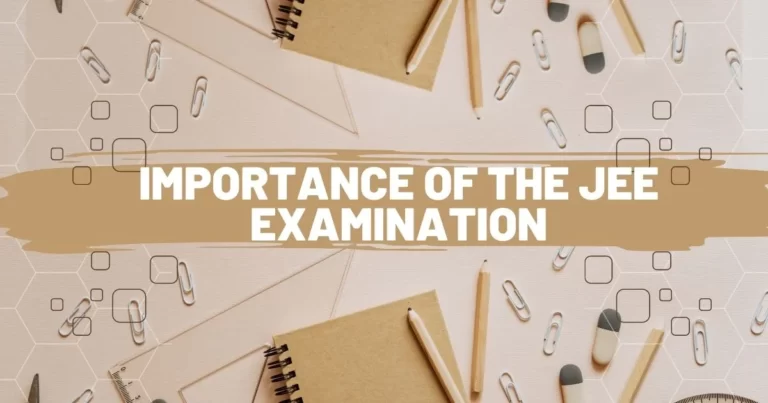
The Joint Entrance Examination (JEE) is a national-level examination conducted by the National Testing Agency (NTA) for admission to undergraduate engineering courses in India. It is one of the most competitive examinations in India, with lakhs of students appearing for it every year.
The JEE is important for the following reasons:
- Gateway to top engineering colleges: This is the gateway to some of the top engineering colleges in India, such as the Indian Institutes of Technology (IITs), the National Institutes of Technology (NITs), and the Indian Institutes of Information Technology (IIITs). These colleges offer excellent educational opportunities, research facilities, and placement opportunities.
- Standardized examination system: This exam is a standardized examination system, which means that the questions are set at a national level and the difficulty level is the same for all students across the country. This ensures that students are evaluated fairly and that their performance is not dependent on their location or background.
- Exposure to a competitive environment: The JEE is a highly competitive examination, which means that students are exposed to a competitive environment. This can help them to develop their problem-solving skills and to learn how to perform under pressure.
- Builds analytical and problem-solving skills: The JEE is a challenging exam that tests students’ analytical and problem-solving skills. By preparing for the JEE, students can develop these skills, which will be beneficial for them in their future careers.
- High placement opportunities: The IITs, NITs, and IIITs have high placement records, with many students getting placed in top companies with lucrative salaries. This means that students who clear the JEE have a good chance of getting a good job after graduation.
The JEE is an important examination that can open up many opportunities for students. If you are interested in pursuing a career in engineering, then you should consider preparing for this syllabus.
Overview Of The Full JEE Portion
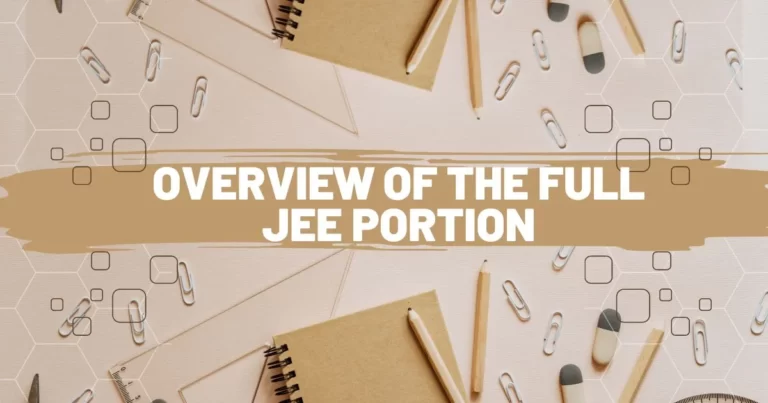
The National Testing Agency (NTA) conducts the Joint Entrance Examination (JEE), a highly competitive national-level engineering entrance examination in India. The Joint Entrance Examination is a two-stage exam, comprising JEE Main and JEE Advanced.
The JEE Main is a computer-based test (CBT) that is administered in two sessions, with each session lasting three hours. The examination is structured into three distinct segments, namely Physics, Chemistry, and Mathematics. There are a total of 75 questions, divided into three sections of 25 questions each. The quiz features multiple-choice questions, each presenting four options to choose from. According to the marking scheme, a correct answer is awarded +4 points, while a wrong answer results in a deduction of -1 point. If a question is skipped, no points are awarded or deducted.
The JEE syllabus covers a wide range of topics in Physics, Chemistry, and Mathematics. The following is an overview of the full JEE portion:
Physics
- Mechanics
- Electromagnetism
- Optics
- Thermodynamics
- Statistical Mechanics
- Modern Physics
Chemistry
- Basics of Chemistry
- Atomic Structure
- Chemical Bonding
- Chemical Thermodynamics
- Equilibrium
- Kinetics
- Redox Reactions
- Organic Chemistry
- Inorganic Chemistry
Mathematics
- Sets, Relations, and Functions
- Complex Numbers and Quadratic Equations
- Matrices and Determinants
- Permutations and Combinations
- Mathematical Induction
- Binomial Theorem
- Sequence and Series
- Limit, Continuity, and Differentiability
- Integral Calculus
- Differential Equations
- Coordinate Geometry
- 3D Geometry
- Vector Algebra
- Statistics and Probability
- Trigonometry
- Mathematical Reasoning
The JEE is a very challenging exam, but it is also a very rewarding one. If you are willing to put in the hard work, the JEE can open up the door to a great future in engineering.
JEE Main Topics To Watch Out For
Lorem ipsum dolor sit amet, consectetur adipiscing elit. Ut elit tellus, luctus nec ullamcorper mattis, pulvinar dapibus leo.
Jee Main Reference Books
Creating A Study Schedule
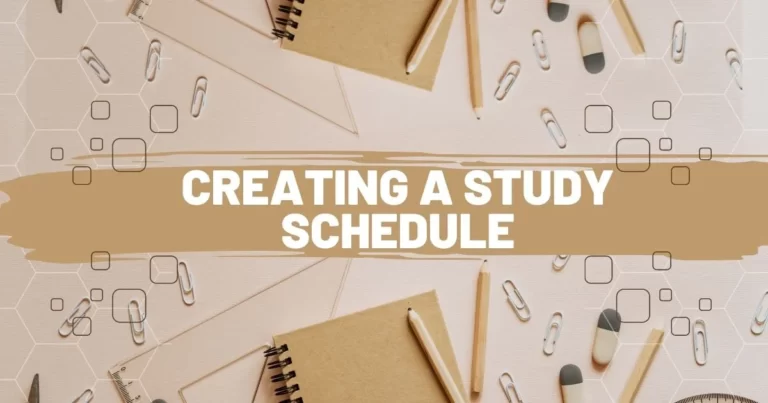
Creating a study schedule can help you stay organized and effectively manage your time while preparing for JEE Main. Here’s a step-by-step guide to creating a study schedule:
- Assess your available time: Determine how much time you can dedicate to studying each day. Consider your daily routine, school or college hours, extracurricular activities, and other commitments. Be realistic and allocate a reasonable amount of study time.
- Set clear goals: Define your study goals and identify the topics or subjects you need to cover. Break down the JEE Main syllabus into manageable sections and prioritize them based on your strengths and weaknesses.
- Create a timetable: Use a weekly or monthly planner to create your study timetable. Allocate specific time slots for each subject or topic. Distribute your study hours evenly throughout the week to maintain consistency.
- Balance your subjects: Allocate time for each of the three subjects – Physics, Chemistry, and Mathematics. Make sure to allocate more time to subjects or topics that you find challenging.
- Include revision time: Reserve dedicated slots for revision in your schedule. Regularly revisiting previously covered topics is essential for retention and reinforcement.
- Break it down: Divide your study sessions into smaller, focused blocks of time. Aim for study sessions of 1-2 hours with short breaks in between to maintain concentration and prevent burnout.
- Utilize study aids: Incorporate resources such as textbooks, reference books, online materials, video lectures, and practice papers into your study schedule. Utilize these study aids to enhance your understanding and practice problem-solving.
- Be flexible: Allow flexibility in your schedule to accommodate unforeseen circumstances or the need for additional practice in certain areas. Adjust your schedule periodically based on your progress and evolving study needs.
- Prioritize self-care: Remember to include time for relaxation, exercise, and hobbies in your schedule. Taking care of your physical and mental well-being is crucial for optimal studying.
- Track your progress: Keep a record of the topics you have covered and the mock tests or practice sessions you have completed. Regularly assess your progress and make adjustments to your schedule as needed.
Remember, a study schedule is meant to serve as a guide and should be personalized to suit your individual needs and preferences. Stay disciplined, follow your schedule as closely as possible, and stay motivated throughout your JEE Main preparation journey.
How To Crack JEE In 6 Months?
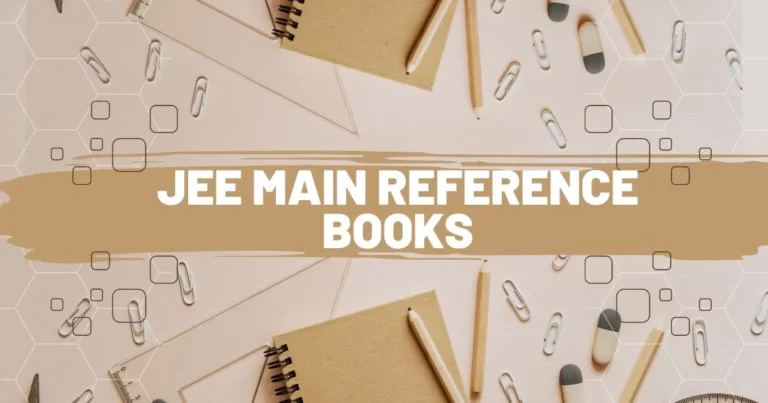
- Divide the total time period into two stages –
Stage 1 (first 4 months) – Study the chapters, practice the questions and numerical problems
Stage 2 (last two months)- Simply revise everything you learned.
- Timing matters so give equal time to all subjects.
- Tips for JEE Main Maths – Avoid studying much theory for maths. Practice the problems more.
- Tips for Physics – Choose chapters of physics in which only numerals are asked, this way you will practice only relevant problems.
- Note down important formulas, derivations, and theorems as short notes and refer to them whenever necessary. These are quick revision guides when required.
- Always do the chapter tests after finishing a chapter. This rule should be followed even for units such that you go for unit tests after completing one.
- Make your own handwritten notes that will be beneficial during revision.
- Since, JEE Main has numerical problems to a large extent, it is wise to solve as many as possible. Check the past year’s papers to get an idea of the type of questions.
Practicing Problem-Solving
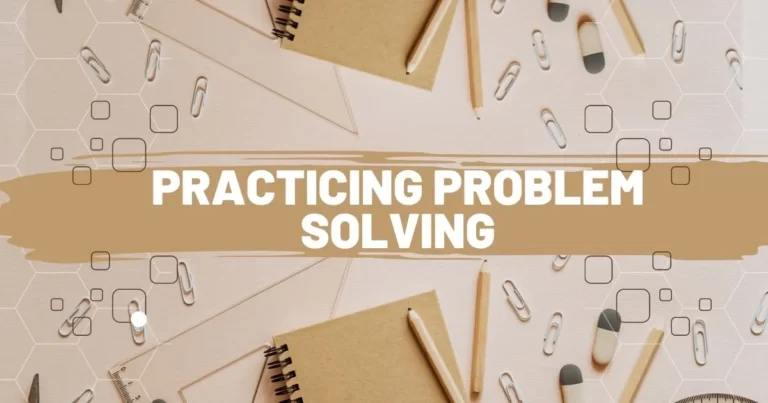
Practicing problem-solving is a crucial aspect of preparing for JEE Main. It helps you develop a deeper understanding of concepts, improves your problem-solving skills, and boosts your confidence. Here are some tips to effectively practice problem-solving:
- Start with basic concepts: Ensure you have a strong grasp of the fundamental concepts related to the topic you are practicing. Review the theory and principles before attempting problems.
- Use a variety of resources: Gather a collection of practice problems from different sources such as textbooks, previous year question papers, mock tests, online platforms, and study guides.
- Categorize problems: Classify problems based on their level of difficulty. Begin with easier problems to build your confidence and gradually move towards more challenging ones.
- Practice topic-wise: Devote specific time to practice problems related to each topic. This approach allows you to consolidate your understanding of a particular concept and identify any gaps in your knowledge.
- Time yourself: During practice sessions, set time limits for solving problems. This will simulate the exam environment and help you improve your speed and time management skills.
- Analyze solutions: Once you solve a problem, compare your solution with the provided answer or solution key. Analyze your approach, identify any errors or misconceptions, and understand the correct method
- Review and revise: Regularly revisit previously solved problems to reinforce your understanding and retain key concepts. Solving the same problem multiple times or solving similar variations of a problem can deepen your comprehension and strengthen your problem-solving abilities.
- Seek guidance: If you encounter difficulties in solving certain problems, don’t hesitate to seek guidance from teachers, mentors, or fellow students.
- Simulate exam conditions: Dedicate some practice sessions to solving problems under timed conditions, similar to the actual exam. This will help you get accustomed to the pressure and time constraints, improving your performance during the actual JEE Main exam.
Mock Tests And Simulations Practice
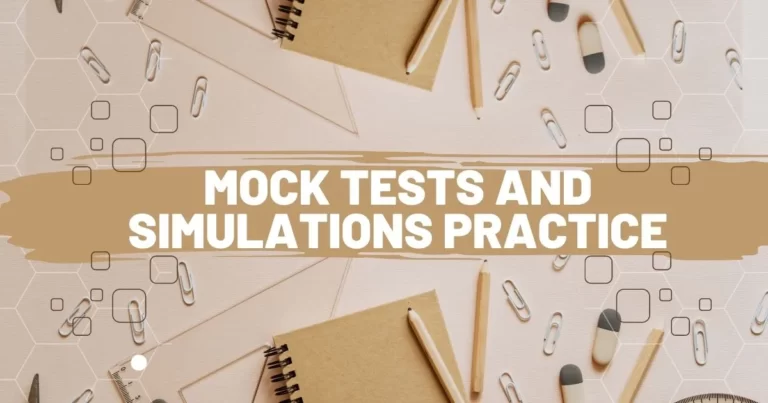
Mock tests and simulations play a vital role in JEE Main preparation. They provide a realistic exam experience, help you assess your knowledge and readiness, and identify areas for improvement.
Here’s how you can effectively utilize mock tests and simulations:
- Timing: Take mock tests when you have covered a significant portion of the syllabus. It is usually recommended to start attempting mocks a few months before the actual exam to allow ample time for analysis and improvement.
- Exam-like environment: Create an exam-like environment when taking mock tests. Find a quiet place, switch off distractions, and strictly adhere to the designated time limits. This will help you adapt to the exam conditions and improve your time management skills.
- Official JEE Main pattern: Choose mock tests that closely follow the official JEE Main exam pattern. Look for reputable coaching institutes, online platforms, or study materials that provide mock tests designed specifically for JEE Main. These tests should include a mix of multiple-choice questions and numerical-based questions.
- Test series: Consider enrolling in a test series offered by coaching institutes or online platforms. Test series provide a structured schedule of mock tests that gradually increase in difficulty as the exam approaches. They often include detailed performance analysis and feedback to help you track your progress.
- Focus on weak areas: Mock tests help you pinpoint your weak areas. Use the feedback from each test to identify the topics or concepts that require further improvement. Allocate more time for studying and practicing those specific areas.
- Regularity and frequency: Consistency is key when it comes to mock tests. Aim to take mock tests at regular intervals, such as once a week or once every two weeks. This will allow you to track your progress, observe improvements, and stay in touch with the exam format.
Conclusion
Congratulations on reaching the end of our blog on conquering the entire JEE syllabus in a short period of time. We hope that the strategies, tips, and techniques shared throughout this blog have empowered you to approach your JEE preparation with confidence and efficiency.
Remember, completing the JEE syllabus in a limited timeframe requires dedication, focus, and smart planning. By implementing the study techniques discussed, managing your time effectively, selecting the right resources, and prioritizing your study, you can make significant progress toward mastering the exam content.
